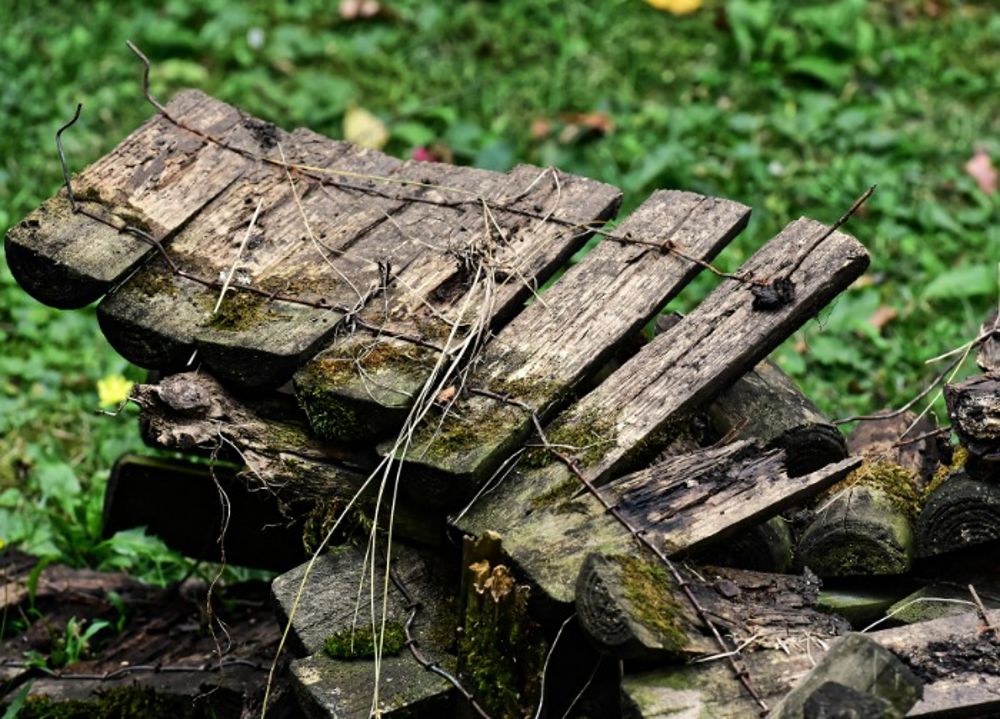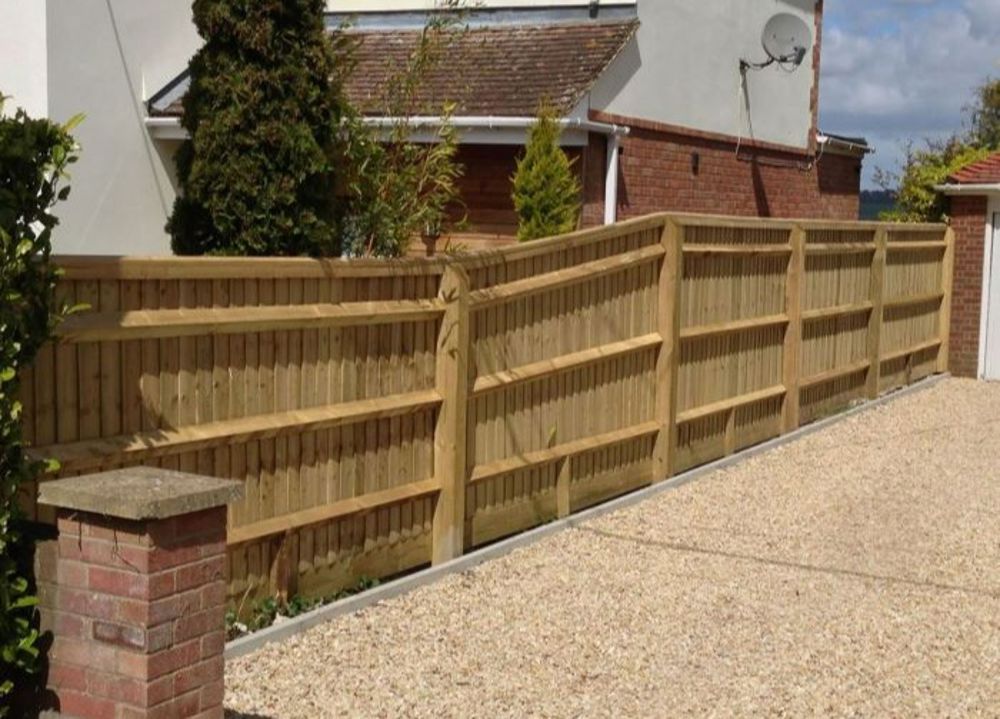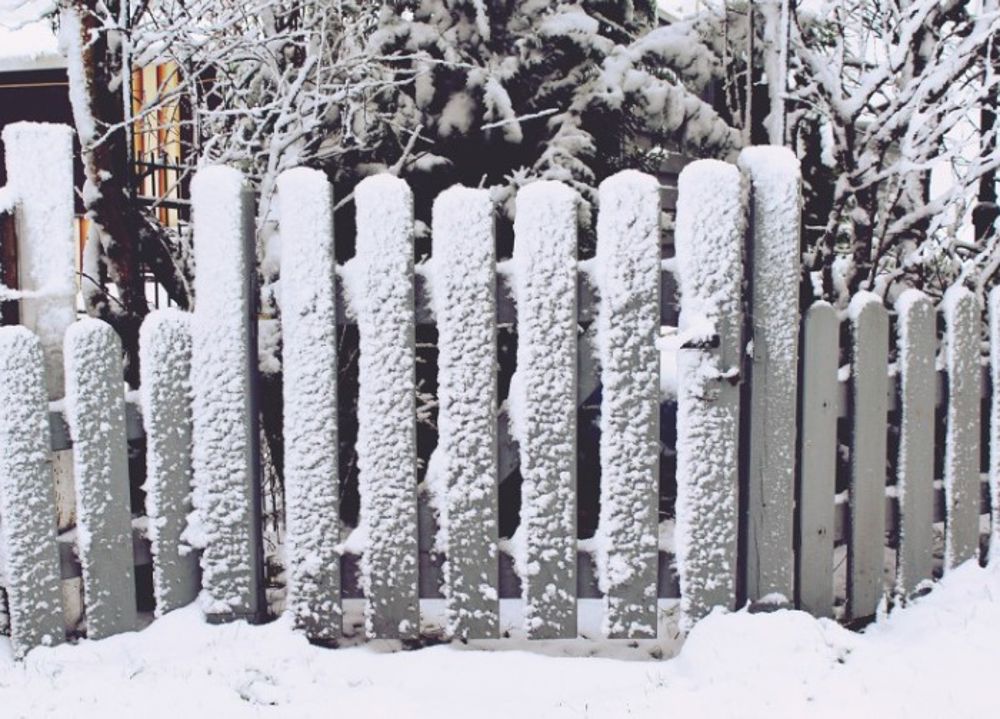Why You Should Get Your Fence Installed in Winter
As the weather cools and the leaves begin to fall from the trees, huddling indoors and postponing your garden work until spring might seem like your only option. But did you know with temperatures dropping, it’s the perfect time to tackle your fencing project?
While it might not be the first thing that comes to mind, let’s delve into the reasons why winter fence installation is a great idea.
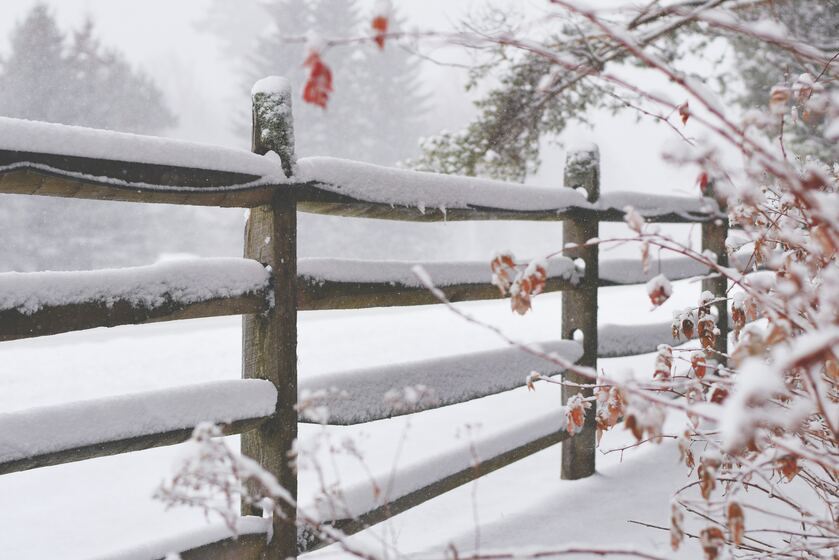
Added durability and longevity
Many people assume that the cold is detrimental to construction projects but believe it or not, cold temperatures can contribute to the strength and durability of fencing materials. Lower temperatures prevent materials such as timber from expanding and contracting as rapidly as they would in warm and humid weather. Warm air tends to carry more water vapour, which can increase stress on materials such as wood and steel.
Ground conditions also play a role in stabilising your fence. During warm months, the ground is softer and more prone to shifting due to frequent moisture and temperature fluctuations. When you install your fence during winter, the frozen and compacted soil acts as a natural anchor for your fence posts. This makes it less susceptible to sinking or leaning, ensuring that your fence maintains its upright position even in adverse weather conditions.
Faster installation
During the colder months and the holiday season, homeowners tend to prioritise indoor renovation projects and often delay outdoor improvements. This means that by choosing to install your fence in winter, you'll likely experience faster installation. With lower demand, fence installers often have more availability, and will be able to schedule your project more quickly and efficiently since they are not stretched thin with multiple jobs.
Minimal impact on your garden
One of the biggest advantages of getting your fence installed in winter is the minimal disruption to your lawn and garden. Unlike spring or summer installations, winter installations take place when your beloved plants, shrubs and trees lay dormant and are less likely to be affected by any landscaping work, meaning plants in your garden will be preserved during installation.
Enhanced security amidst snow
Winter brings shorter days and longer nights, creating the perfect conditions for unwanted visitors and intruders. A strong and well-designed fence will add a layer of security to your property. Whether it's a classic wooden fence for more privacy or a sturdy chain-link fence, your fence serves as a physical barrier as well as a reminder that your property is protected even when covered in snow. This will allow you to enjoy the season without constant worry about the security of your home.
Easy maintenance
Fences installed in winter often require less immediate maintenance, as the materials have time to settle and adapt to ground and temperature changes before the growing season begins. This provides your fence with a head start in acclimatising to any harsh weather conditions it will inevitably face. This gradual adjustment can help prevent cracking, warping and other structural issues. You’ll be better prepared to handle any maintenance tasks come spring.
Enjoying a hassle-free spring and summer
Installing a fence in the cold months means you'll have plenty of time to enjoy it in the warmer months when you’re planning all your outdoor activities. If you have fencing contractors working in your garden, it’ll most likely hamper your ability to relax outdoors in the sun and host family barbecues. In the winter months, the work can take place without impacting your spare time as you’ll be spending less time outside.
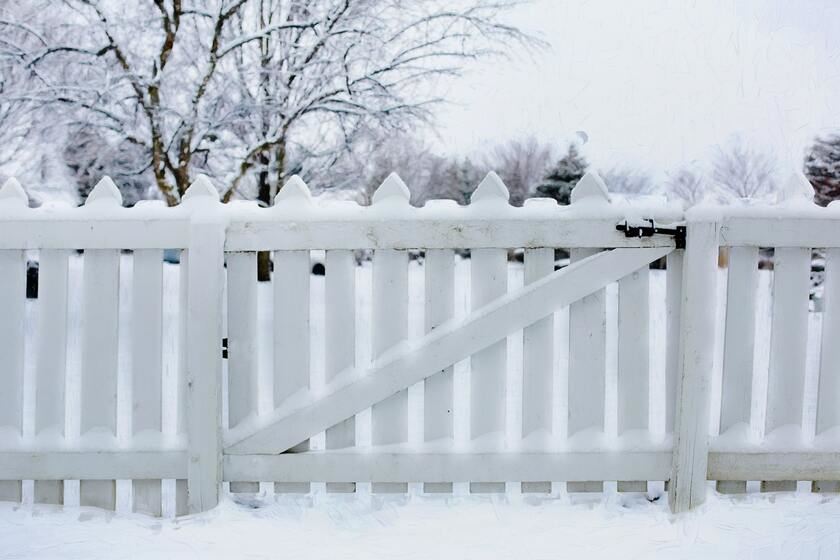
Before you dive into winter fence installation, here are some tips to keep in mind:
Prepare for weather challenges
Weather can be unpredictable, especially in England, so keep a close eye on the forecast. Work during mild weather and make sure to wear appropriate clothing to stay warm. We also recommend clearing any snow from the installation area before starting work.
Select the right type of fence
It’s important to choose appropriate fence materials. Opt for PVC-coated fencing, metal chain-link wire or treated timber that can withstand the cold and moisture without warping or rotting and require minimal maintenance.
Maintain your fence
Regularly clear accumulated snow around the fence to prevent pressure on the panels and inspect for signs of damage, such as loose screws or nails, and address them promptly. Particularly, timber fences require extra care during the winter months.
Can I install a fence when the ground is frozen?
While it is possible to erect your fence when the ground is frozen, we don’t recommend installation in extreme conditions like heavy snow or ice as it makes it a lot more difficult to dig the holes necessary to insert the posts. It can also make it harder to achieve proper stability and alignment. To avoid damaging your fence posts or garden, it's a good idea to wait for a milder winter day when the ground is slightly thawed.
Trentwood Fencing has many years of experience of fence installation, including installing fences in harsh weather conditions such as snow, rain, cold weather, etc.
If you are looking to get a fence installed in Oxfordshire or need more advice, call Trentwood Fencing on 01865 863428 or 07900 938061.



